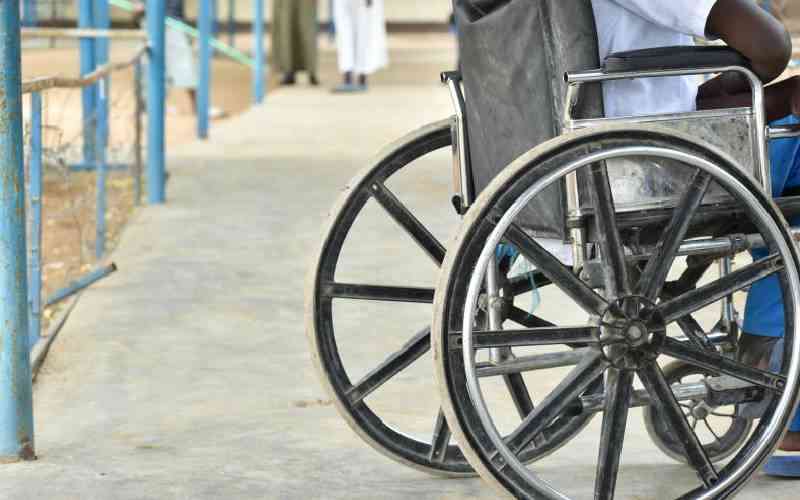×
The Standard e-Paper
Stay Informed, Even Offline

When activist Njeri Migwi highlighted the case of a 28-year-old woman with a disability who had been confined to a room for 10 years, sometimes chained and never allowed to leave, it was a stark reminder of the persistent deprivation of rights and dignity faced by people with disabilities.